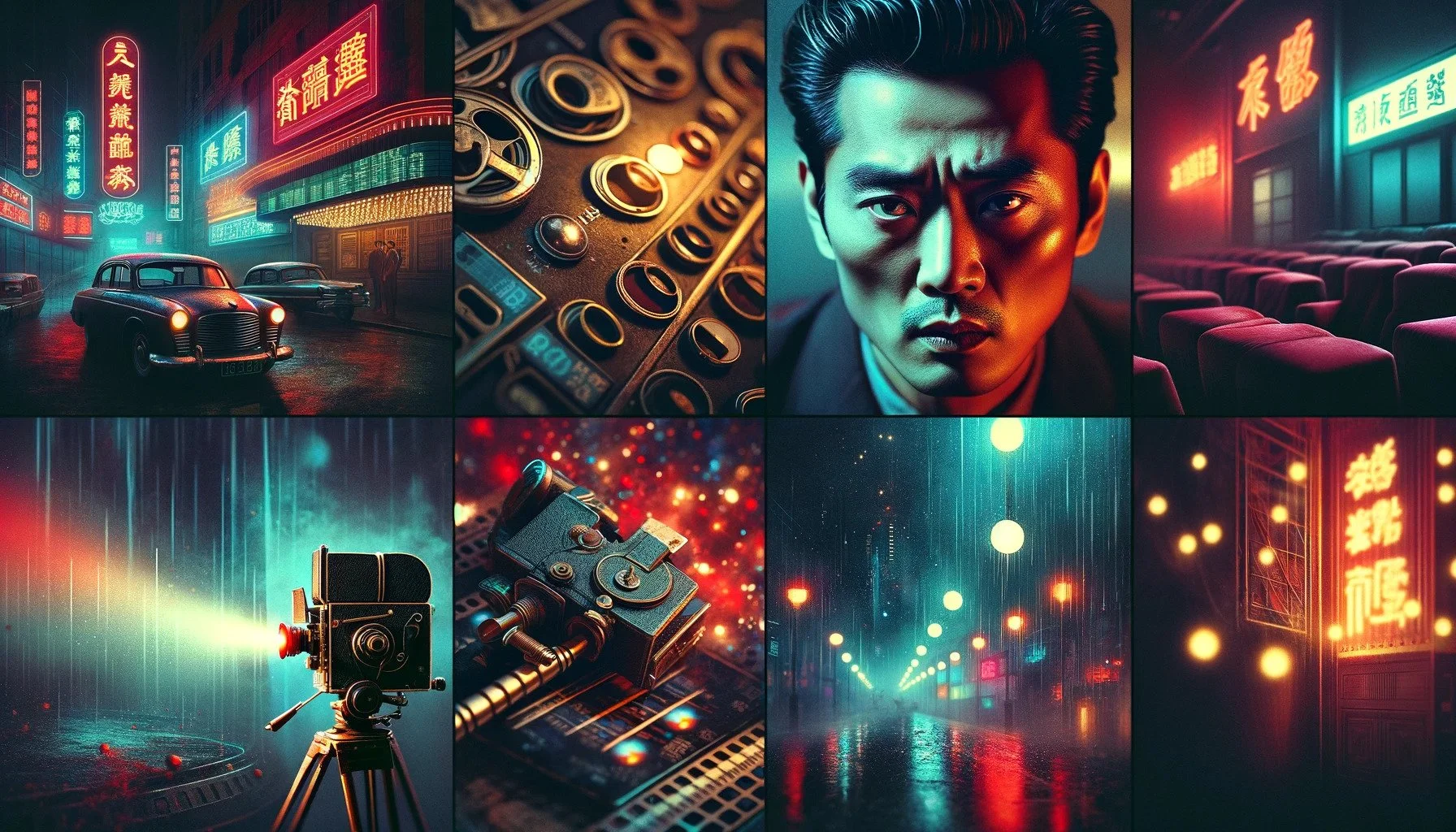There’s an evocative languor to Wong Kar-wai’s films that lingers in the mind like the aftertaste of a richly steeped tea. His work is a tender exploration of human emotions, saturated with the hues of melancholy and longing. Much like a tapestry woven with threads of yearning, his narratives invite you to ponder the ineffable nature of love, time, and memory. In my humble reverence, I often think of his films as cinematic poems, each frame meticulously crafted, each moment resonating with the subtlety of a whispered secret.
Sepia Tones of Nostalgia
Wong Kar-wai’s films are drenched in the sepia tones of nostalgia. He delves into the crevices of human connections, exploring the spaces between words, the silences that speak louder than dialogues. His characters inhabit a world where time is elastic, stretching and compressing with the weight of their unspoken desires. The tempo of his storytelling is akin to the rhythmic ebb and flow of tides, unhurried yet profoundly affecting. I often find myself lost in the languid pace of his narratives, mesmerized by the way he captures the ephemerality of moments that define our existence.
One cannot discuss Wong Kar-wai without invoking the haunting beauty of "In the Mood for Love." It is a film that unfolds like a delicate sonata, each note resonating with a profound sense of yearning. The meticulously composed shots, the muted color palette, the lingering glances—all converge to create a visual symphony that is as much about what is left unsaid as what is spoken. There’s a poignancy in the way he captures the fleeting nature of unfulfilled love, a testament to his unparalleled ability to evoke emotions that linger long after the screen fades to black.
Ability to Blur the Boundaries
Wong Kar-wai’s mastery lies in his ability to blur the boundaries between reality and memory. His films often feel like waking dreams, where the past and present coexist in a delicate dance. The characters are ensnared in the labyrinth of their own emotions, seeking solace in the ephemeral moments of connection. In "Chungking Express," the bustling streets of Hong Kong become a metaphor for the chaotic inner lives of the protagonists. The kaleidoscopic visuals, the eclectic soundtrack, and the fractured narrative structure create a sensory experience that is both disorienting and deeply moving.
There’s an inherent sensuality in Wong Kar-wai’s visual language. His use of color, light, and texture creates a tactile quality that immerses the viewer in the emotional landscape of his characters. The rain-soaked streets, the dimly lit interiors, and the vibrant hues of neon lights—all contribute to the palpable atmosphere that defines his cinematic universe. It is this attention to sensory detail that makes his films a feast for the senses, a lush tapestry that envelops you in its embrace.
A Meditation on the Human Condition
In many ways, Wong Kar-wai’s films are a meditation on the human condition. They explore the fragile nature of relationships, the elusiveness of happiness, and the inexorable passage of time. His characters are often caught in a state of liminality, navigating the spaces between love and loss, hope and despair. There’s a profound empathy in the way he portrays their struggles, a recognition of the inherent vulnerability that defines us all. It is this deep understanding of the human psyche that elevates his work to the realm of art, a reflection of our innermost fears and desires.
The Enduring Power of Cinema
As I reflect on Wong Kar-wai’s body of work, I am reminded of the enduring power of cinema to capture the essence of the human experience. His films are a testament to the beauty and complexity of our emotions, a reminder that amidst the chaos of life, there are moments of sublime grace. In the quiet contemplation of his narratives, I find a sense of solace, a connection to the universal truths that bind us all. It is this enduring legacy that makes Wong Kar-wai not just a filmmaker, but a poet of the screen, a master storyteller whose work will continue to resonate for generations to come.

